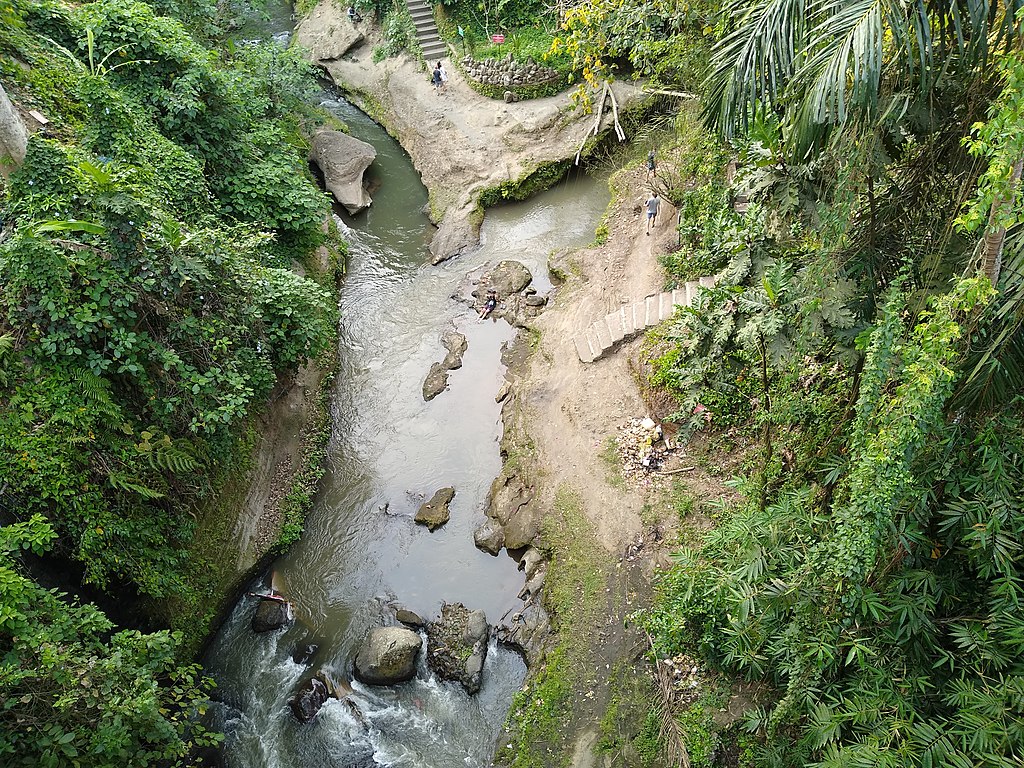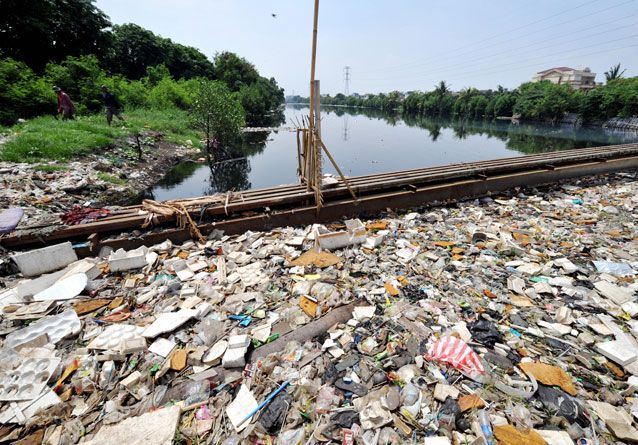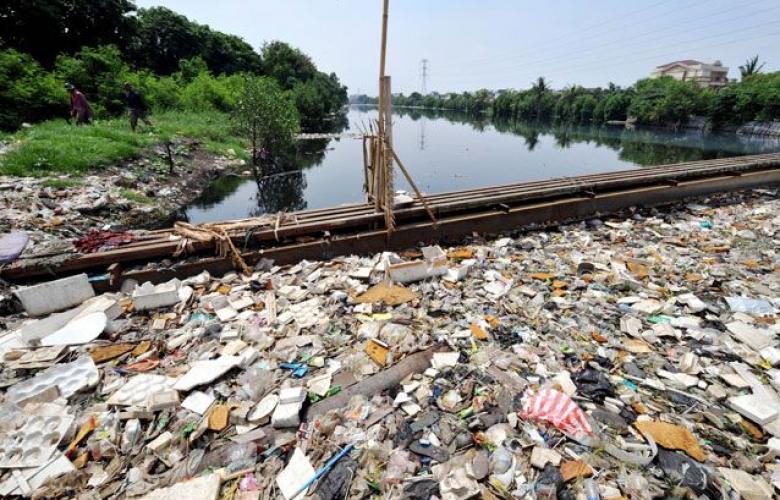While Bali's tourism industry is still enjoying a great deal of success and arrival numbers are up, they are falling short of government projections.
But why the shortfall?
After all, approximately 16-million domestic and foreign tourists visit Bali every year and this year's projections were based on the back of historical increases, which looked to be on course at the start of the year.
Below targets
The answer, it seems, is a complicated one, and there a number of related factors combining to impact 2019's figures.
These include Bali's clamp down on Zero Dollar Tourism, (which hit the fast growing Chinese mass-market business); a slow down in large international MICE events; a significant reduction in Chinese visitors as a result of the on-going US-China Trade war, (which Head of Bali Central Statistics Agency - BPS, Adi Nugroho claims is down as much as 22-percent down on 2018); a general election and fear of instability; global concerns of a recession; an Australian economic slowdown; increased regional competition; high prices … And then there's the problem of trash.
Banning plastic bags
Tourism industry stakeholders are acutely aware of Bali's place on the world tourism stage and they are keen to maintain it by trying to reposition the island as an environmentally friendly tourism destination and to tap in to the industry's fast growing experiential, eco-conscious travel boom.
In January this year the local government introduced the first ban on single use plastics (effective in Denpasar), which was later rolled out to more of the island's provinces over the course of just a few months.
 The Campuhan River - Bali's waterways are being cleaned up one river at a time. Image by Mx. Granger on WikiMedia.
The Campuhan River - Bali's waterways are being cleaned up one river at a time. Image by Mx. Granger on WikiMedia.
While this is having a positive impact, plastic is still an issue that needs to be dealt with and if Bali wants to be a 'green-force' to be taken seriously, much more needs to be done.
Make a Change World
According to Binis, Bali produces around 1.6-million tonnes of garbage a year, and 20-percent of that is single-use plastic waste, most of which finds its way to the ocean and the island's iconic beaches.
Another icon of Bali is Indonesia's locally produced Bir Bintang (PT Multi Bintang Indonesia Niaga) who, according to Seminyak Times, have taken the brave step of working together with "environment activist and Make a Change World founder, Gary Bencheghib, to launch a campaign to introduce responsible waste management in order to protect Bali."
Gary, a French national, was raised in Bali from the age of nine and as a teenager founded Make A Change World with his brother Sam. They began by organizing beach clean ups.
 The Citarum River in West Java was reputedly the world’s dirtiest waterway before Make a Change World made a difference. Image by Chief on WikiMedia.
The Citarum River in West Java was reputedly the world’s dirtiest waterway before Make a Change World made a difference. Image by Chief on WikiMedia.
Creating international awareness
Since then they have gained worldwide recognition by creating videos of expeditions to some of the most polluted waterways in the world, including the Mississippi.
According to Prestige Online "the goal of their expeditions is to create a video series portraying some of the local heroes involved in protecting the environment. The siblings have raised international awareness of the state of the Citarum – the longest and largest river in West Java, and reputedly the world’s dirtiest waterway – with a devastating series of nine videos that have gone viral online."
Responsible waste management
Bir Bintang is involved because they wanted to show a commitment that supports Indonesia's tourism industry with Bali as its star destination. "We believe that the best way to prevent trash running to the beach and sea should be started from responsible waste management behaviour and the local habit of throwing rubbish into the river should be eliminated immediately,” Marketing Director, Mariska van Drooge, said to Suara in Bali.
The solution they're all looking at is affordable trash booms and one hundred will be installed around Bali.
Private sector involvement
Developed by German environmental startup company, Plastic Fisher, the trash booms act as waste traps, which it is hoped will stop trash, especially plastics, from entering Bali's rivers, waterways, and ending up on the island's beaches.
The initiative is receiving government support, in particular from Deputy IV for the Coordination of Human Resources, Science and Technology and Maritime Culture Coordinating Ministry for Maritime Affairs and Investment, Safri Burhanuddin who is being quoted by local newswires as saying "we really appreciate the efforts of the community supported by the private sector like this," he said.
Education and awareness
Trash booms have already been installed on the Ye Poh River in Kerobokan and the plan is to have more in the tributaries of Bali's most important waterway, the Ayung River.
As well as installing trash-booms the programme will also focus on raising awareness through public education campaigns around waste management in traditional markets and local Banjars, along with conducting community cleanups and educational sessions - all of which will help to support government and private investments.
Sources: Seminyak Times, Bali Post, Badan Pusat Statistik Provinisi Bali (BPS), Bisnis, The Jakarta Post, Indonesia Investments, Suara
Similar to this:
Tri Hita Karana Roadmap: Blended Finance for Better Business
Bali among the Top 100 Sustainable Destinations in the World
As Bali's MICE market slows, will tourism targets be revised?



 The Campuhan River - Bali's waterways are being cleaned up one river at a time. Image by Mx. Granger on WikiMedia.
The Campuhan River - Bali's waterways are being cleaned up one river at a time. Image by Mx. Granger on WikiMedia. The Citarum River in West Java was reputedly the world’s dirtiest waterway before Make a Change World made a difference. Image by Chief on WikiMedia.
The Citarum River in West Java was reputedly the world’s dirtiest waterway before Make a Change World made a difference. Image by Chief on WikiMedia.


